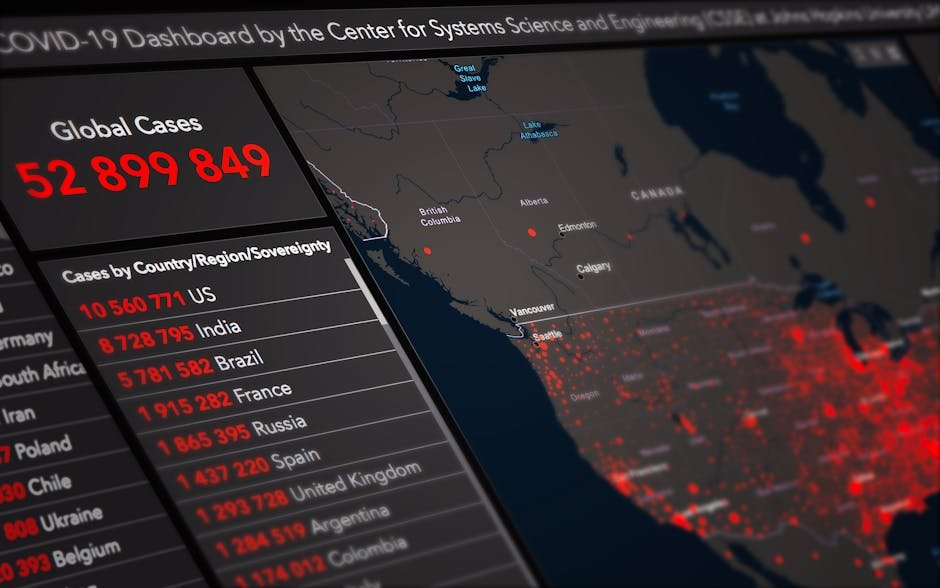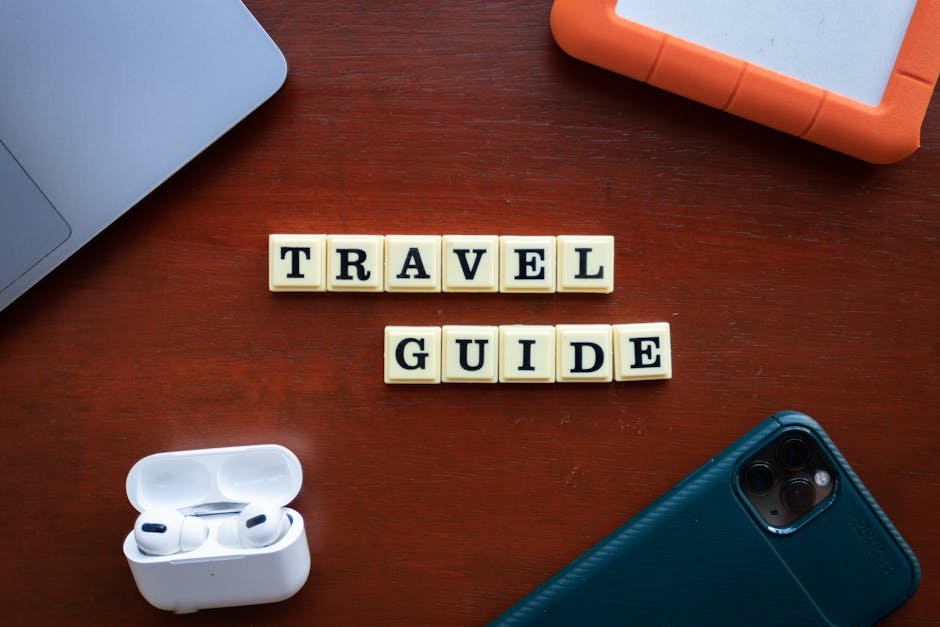Taxes—who doesn’t love a good puzzle, right? Okay, maybe not, but as a digital nomad hopping between countries in 2025, figuring out your tax obligations is a must to avoid surprises. With 35 million nomads working remotely and countries like Thailand and Spain offering nomad visas, tax rules can feel like a maze. This guide simplifies how to handle taxes as a nomad, covering residency, double taxation, and compliance. Built on 2025 regulations and nomad insights, here’s your roadmap to staying on the right side of the taxman while living your global dream.
Why Taxes Matter for Nomads?
As a nomad, your income (e.g., freelancing, remote work) may be taxed by your home country, host country, or both, depending on residency and stay duration. Many nomad visas (e.g., Costa Rica, Portugal) offer tax exemptions for foreign income, but missteps can lead to penalties or double taxation. Understanding your obligations saves money and stress.
Top Tips for Handling Taxes
Here’s how to navigate taxes in 2025, with examples from nomad hubs.
1. Determine Your Tax Residency
Your tax residency (where you’re legally taxed) depends on your home country’s rules, often tied to days spent there (e.g., 183 days/year).
- Action: Check your home country’s tax laws (e.g., IRS for US, HMRC for UK) via OECD Tax Database. Track days spent in each country using apps like Taxbird ($10 USD/month).
- Example: A US nomad in Thailand for 200 days remains US tax-resident, filing IRS returns but avoiding Thai taxes on unremitted income.
- Why It Works: Residency clarity prevents unexpected tax bills.
2. Leverage Nomad Visa Tax Benefits
Many nomad visas exempt foreign income from local taxes for 6–12 months.
- Action: Choose visas with tax perks, like Costa Rica’s Digital Nomad Visa (no tax on foreign income) or Portugal’s D8 (15% flat rate option). Verify via embassy sites or Nomad List.
- Example: A nomad in Colombia ($684 USD/month visa) earns $4,000 USD/month untaxed locally for 2 years, filing only in Canada.
- Why It Works: Tax exemptions save thousands annually.
3. Understand Double Taxation Treaties
Double taxation (paying tax in two countries) is a risk if you’re tax-resident in your home country and a host country.
- Action: Check for treaties between your home and host countries via OECD or IRS Tax Treaties. Claim foreign tax credits or exemptions.
- Example: A UK nomad in Malaysia uses the UK-Malaysia treaty to avoid double tax on $3,000 USD/month freelance income.
- Why It Works: Treaties reduce or eliminate dual tax burdens.
4. Keep Detailed Financial Records
Accurate records are essential for tax filings and audits.
- Action: Use tools like QuickBooks ($25 USD/month) or Wave (free) to track income, expenses, and invoices. Save receipts for co-working ($100–$300 USD/month), travel, and equipment.
- Example: A nomad in Bali logs $2,500 USD/month Upwork earnings, deducting $150 USD/month co-working costs for US taxes.
- Why It Works: Records simplify filings and maximize deductions.
5. Hire a Tax Professional
Tax laws are complex, especially for nomads crossing borders.
- Action: Work with a nomad-savvy accountant (e.g., Nomad Tax, $500–$2,000 USD/year) or use services like TaxAct ($50–$200 USD/year) for filings. Consult for home and host countries.
- Example: A US nomad in Lisbon hires Nomad Tax ($1,000 USD/year) to file US returns and claim Portugal’s D8 tax benefits.
- Why It Works: Experts ensure compliance and optimize savings.
6. Avoid Triggering Local Tax Residency
Staying too long (e.g., 183+ days) in a host country can make you tax-resident, subjecting you to local taxes.
- Action: Limit stays to under 183 days in high-tax countries (e.g., Spain, Portugal) or choose low-tax hubs like Malaysia. Track days with apps like Days In.
- Example: A nomad splits 5 months in Chiang Mai and 5 in Bali, avoiding Thai or Indonesian tax residency.
- Why It Works: Strategic travel minimizes local tax liability.
7. Plan for Home Country Taxes
Most nomads remain tax-liable in their home country, regardless of location.
- Action: File annual returns (e.g., US Form 1040, due April 15). Claim exclusions like the US Foreign Earned Income Exclusion ($126,500 USD in 2025). Use e-filing platforms like TurboTax ($50–$150 USD).
- Example: A Canadian in Medellín files CRA returns, claiming credits for $3,000 USD/month freelance income.
- Why It Works: Compliance avoids penalties (e.g., IRS fines up to $10,000 USD).
Tax-Friendly Nomad Hubs
| Country | Nomad Visa | Tax Benefits | Key Notes |
|---|---|---|---|
| Thailand | LTR ($80,000/year) | No tax on unremitted foreign income | Track 183-day limit |
| Portugal | D8 ($3,511/month) | 15% flat rate option | Double taxation treaty with US/UK |
| Colombia | Digital Nomad ($684/month) | No local tax for 2 years | Simple filing for nomads |
| Costa Rica | Digital Nomad ($3,000/month) | No tax on foreign income | Easy compliance |
| Malaysia | MTEP (~$24,000/year) | No tax on unremitted income | Business-friendly |
Pros and Cons
- Pros:
- Nomad visas offer tax exemptions (e.g., Costa Rica, Colombia).
- Treaties prevent double taxation.
- Deductions (co-working, travel) reduce taxable income.
- Cons:
- Complex rules vary by country.
- Accountants cost $500–$2,000 USD/year.
- Overstaying risks local tax residency.
Financial Breakdown
- Income: $2,000–$6,000 USD/month to meet visa thresholds.
- Tax Costs:
- Filing software: $50–$200 USD/year.
- Accountants: $500–$2,000 USD/year.
- Potential taxes: $0 (exempt countries) to 20–40% of income (home country).
- Total Budget: $500–$3,000 USD/year for compliance.
Extra Tips
- Automate Filings: Use e-filing for home country taxes to save time.
- Save for Taxes: Set aside 20–30% of income in a separate account.
- Consult Early: Meet an accountant before moving to a new hub.
- Join X Groups: Follow “Nomad Tax Tips” for real-time advice.
For tips on nomad hubs, check out our guides on Tax Residency & Legal Setup.
Conclusion
Handling taxes as a digital nomad in 2025 doesn’t have to be a headache. Determine your tax residency, leverage nomad visa exemptions, and use treaties to avoid double taxation. Keep meticulous records, hire a pro for complex cases, and stay under 183 days in high-tax countries. With these steps, you’ll keep your finances in check while working from Chiang Mai’s temples or Medellín’s cafés. Stay proactive, tap into nomad communities, and enjoy your tax-smart nomad life!







